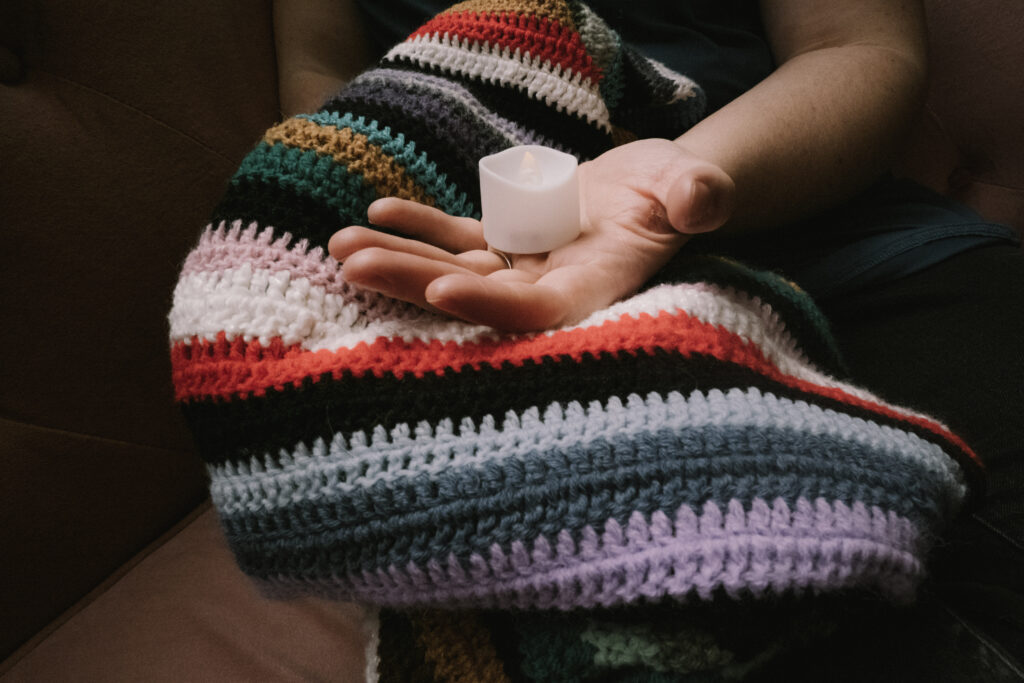One of the most helpful resources for many families is their local funeral home. I’ve made you a guide for how to get in touch with your local funeral home and find out what resources they offer.
Step 1: look up the legal requirements for funeral home involvement.
There are usually state or federal requirements for at what gestational age a funeral home legally must be involved in order for families to have access to their little one’s remains. Do an internet search for key terms such as “legal requirement funeral home fetal remains [insert your country or state here]” to learn what those requirements are for the families you serve.
Step 2: look up what funeral homes serve folks in your area.
This is usually pretty easy to find from an internet search.
Step 3: scan their websites for any mention of perinatal loss.
Most funeral homes don’t post about perinatal loss, even if they have extra resources specifically for families facing the loss of a child.
Step 4: call or email each funeral home to ask about resources in cases of perinatal loss.
Here is a script for you:
“Hi, my name is Abby, and I’m a birth doula here in (state your town or neighborhood). I’m working on a resource list for families who experience miscarriage, stillbirth, or infant loss, and I wanted to ask what kinds of services or resources you have for families in that situation.” And if it’s an email, you can end with: “Thank you for your help!”
Some resources you might expect to hear about would include miscarriage burial/cremation options (i.e., options for when a baby’s body is very small or is not identifiable), liaison services with the local hospitals (which are legally required in some states at certain gestational ages), financial support for families in paying for funerals (either from the funeral home or from local partners), and local cemeteries or other place of burial available for babies.
You may want to ask specifically about past experiences the funeral home staff has had supporting families through perinatal loss. In my experience, almost every funeral home I’ve worked with has been compassionate and tender, but some have been more informed about perinatal loss than others.
Step 5: record what resources are available so you know and can communicate them to families as needed.
***
I know that this type of resource-gathering is new for a lot of folks. I hope this guide makes it a bit less intimidating. Let me know how it goes!
-Abby

